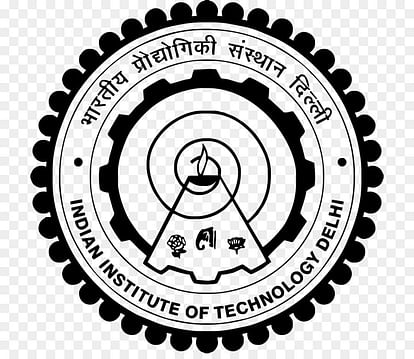
IIT Delhi
- PC : mrp
The Indian Institute of Technology (IIT) Delhi is going to launch several programmes for working professionals and engineering students. The speciality of these courses is that it will be provided in part-time mode and classes will be held on weekends.
According to the new plan, MTech in instrument technology which was earlier provided in full-time mode will now be provided in part-time mode also. The new course Master of Science Research (MSR) has been introduced which will be provided in both full-time and part-time modes.
With the objective of expanding its outreach programmes, IIT Delhi has planned to provide some certificate-level courses (diploma courses) that are claimed to be ‘industry-relevant’.
The programme will include subjects such as;
- Artificial Intelligence,
- Instrumentation Engineering,
- Framework for Sensor Networks,
- Cyber-Physical System Engineering, etc.
The courses are being provided by the Centre for Sensors, Instrumentation and Cyber-Physical System Engineering (SeNSE). The SeNSE was inaugurated on Tuesday, August 6, 2019. Subrat Kar has been appointed as the Head of SeNSE.
According to media reports, Subrat Kar said that the centre is hiring more teachers and has a provision for up to 13 posts.
The admission to MTech and MSR courses will take place through GATE and the admissions to certificate courses will take place on the basis of CGPA or marks obtained by a student in previous classes. Further, if the number of applications received for certificate courses will be high then the institute might opt for the screening test in the form of a written exam.
The seat capacity for regular courses will be for 21 students while for certificate programme it will be around 20 students each, although there is no upper limit.
The candidates can get the detailed information and will be able to apply by visiting the official website, iitd.ac.in.
The SeNSE has six core areas of focus:
- Optical Engineering,
- Electronic System Design,
- Advanced Optical fabrication,
- Micro-opto-electro-mechanical systems,
- Sensor Technology
- Cyber-physical Systems
The institute has three application domains for the above areas:
- Defence,
- Medical, &
- Industrial Applications








